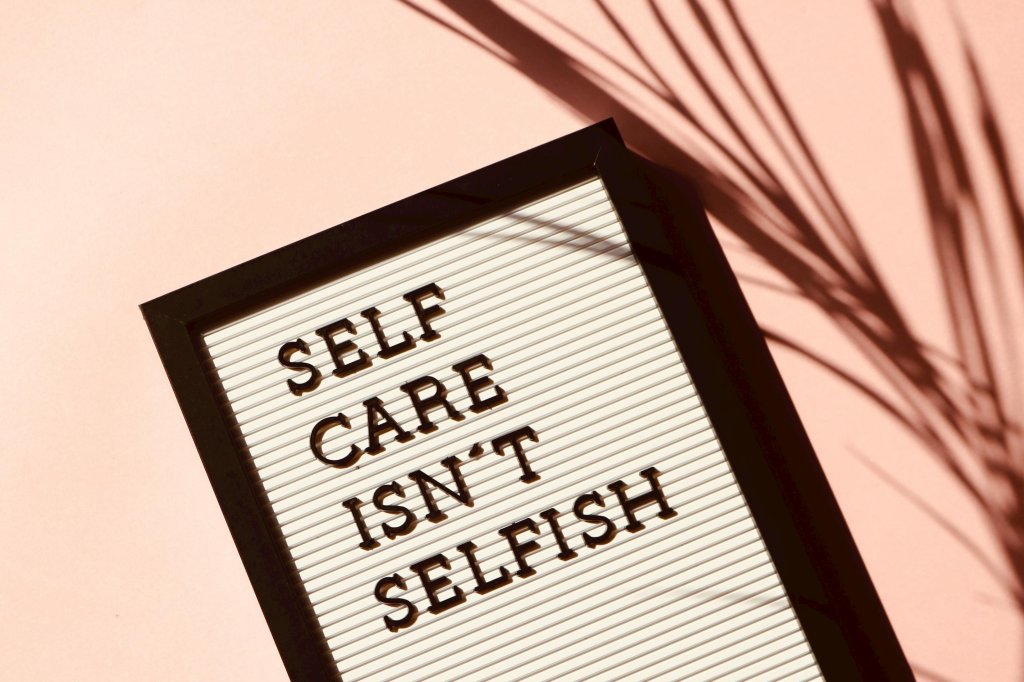
How many times have you heard the adage that it takes just 21 days to build a habit? It’s a notion ingrained in popular culture, often touted as a golden rule for personal development. But is there any truth to this claim? In this blog post, we’ll unravel the science behind habit formation, dispel the myth of the 21-day rule, and explore the factors that truly influence our ability to adopt and sustain new habits.
Understanding Habit Formation:
Habits are deeply ingrained behaviors that we perform almost automatically, often without conscious thought. Whether it’s brushing our teeth in the morning, exercising regularly, or reaching for a snack when stressed, habits shape a significant portion of our daily lives. But how do these habits form, and can they really be established in just 21 days?
According to research conducted by health psychologist Dr. Maxwell Maltz in the 1960s, it takes an average of 21 days to form a new habit. Maltz observed that patients undergoing plastic surgery typically took around three weeks to adjust to their new appearance, leading him to theorize the 21-day rule. However, subsequent studies have challenged this notion, suggesting that the timeline for habit formation varies significantly depending on the individual and the complexity of the behavior in question.
The Truth Behind Habit Formation:
Contrary to popular belief, there is no one-size-fits-all timeline for habit formation. Research published in the European Journal of Social Psychology suggests that it can take anywhere from 18 to 254 days for a new behavior to become automatic, with the median time falling around 66 days. Furthermore, the study found considerable variability among participants, indicating that the process of habit formation is highly individualized.
Several factors influence the speed and success of habit formation, including:
- Complexity of the Behavior: Simple habits, such as drinking a glass of water after waking up, may form more quickly than complex behaviors like learning a new language or mastering a musical instrument.
- Frequency of Repetition: Consistent repetition is key to solidifying habits. The more frequently you perform a behavior, the more likely it is to become automatic over time.
- Environmental Cues: Environmental cues, such as time of day, location, or social context, can trigger habit loops and reinforce behavior. By manipulating these cues, you can effectively shape and sustain new habits.
- Motivation and Willpower: Motivation plays a crucial role in habit formation. Setting clear goals, tracking progress, and rewarding yourself for small victories can help bolster motivation and willpower along the way.
Building Better Habits:
While the 21-day rule may be appealing in its simplicity, it’s essential to approach habit formation with a realistic understanding of the process. Instead of fixating on arbitrary timelines, focus on cultivating sustainable habits aligned with your long-term goals. Here are some strategies to help you build better habits:
- Start Small: Break down larger goals into smaller, manageable tasks to avoid overwhelm and build momentum. Focus on establishing one new habit at a time, gradually increasing complexity as you progress.
- Be Consistent: Consistency is key to habit formation. Set a specific time and place for your new behavior and commit to practicing it daily, even if it’s just for a few minutes.
- Track Your Progress: Keep track of your habits using a journal, habit tracker app, or calendar. Monitoring your progress helps you stay accountable and provides valuable insights into your behavior patterns.
- Stay Flexible: Be prepared to adapt and adjust your approach as needed. If you encounter setbacks or obstacles, don’t be discouraged. Instead, reassess your strategy and make the necessary changes to set yourself up for success.
- Cultivate Patience and Persistence: Rome wasn’t built in a day, and neither are habits. Embrace the journey of habit formation with patience and persistence, knowing that meaningful change takes time and effort.
In conclusion, the notion that it takes 21 days to build a habit is a myth perpetuated by anecdotal evidence rather than scientific research. While establishing new habits is undoubtedly challenging, there is no magic formula or fixed timeline for success. Habit formation is a nuanced process influenced by various factors, including behavior complexity, repetition, environmental cues, motivation, and willpower.
By understanding the underlying principles of habit formation and adopting a proactive approach to behavior change, you can cultivate habits that endure beyond the confines of a 21-day timeframe. Remember, the journey to building better habits is as important as the destination itself. So embrace the process, stay resilient, and trust in your ability to create lasting change in your life.
